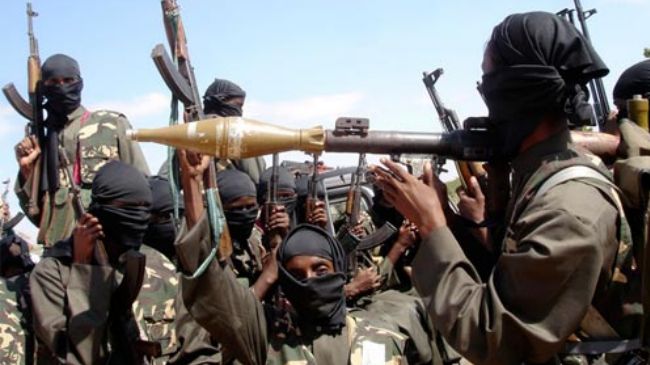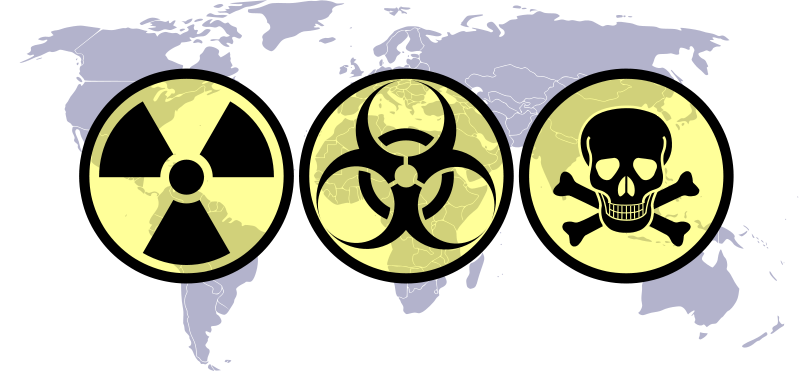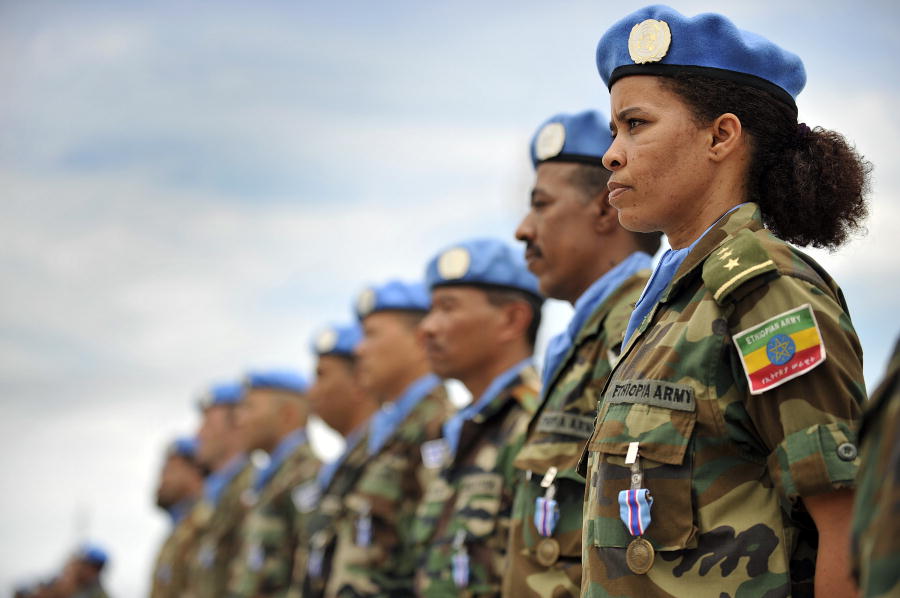
Origins and Purpose
Boko Haram aims to create a “pure” Islamic state separate from what they perceive to be the corrupt and sinful Nigerian establishment.
The name ‘Boko Haram’, uses the Arabic word Haram, which can be roughly translated to mean ‘sinful’ or ‘forbidden’, and Boko, a Hausa language term, which in this context refers to non-Islamic education. The group’s proper name is ‘Jama’atu Ahlis Sunna Lidda’ await Wal-Jihad’, which is roughly translated as ‘The Congregation of the People of Tradition for Preaching and Jihad’. The group was founded in 2002 by a religious teacher named Mohammed Yusuf in Maiduguri, the capital of Nigeria’s Borno State.
Before the name Boko Haram was coined, the group existed as a small circle of radical Islamic youth who worshipped at the same mosque in Maiduguri. Dismayed by the widespread corruption within their state’s capital, the group moved to a remote town called Kanama in order to found a fundamentalist community far from the corrupt urban centres. There, the group lived in peaceful isolation for several months, luring new members with the promise of utopia: a return to “true” Islamic life.
The group first overpowered police forces in December of 2003 during a small-scale dispute over fishing territory in which members overwhelmed a police squad. The clash led to a siege of the group’s mosque and a confrontation with the Nigerian army in which most of the members were killed. The surviving members, of whom Mohammed Yusuf was the leader, went back to Maiduguri to re-establish themselves. Under Yusuf, the group was reborn in a new mosque, where it was left to thrive by the authorities.
Soon, the group was being recognized as “Nigeria’s Taliban”, attracting both the domestic and foreign media attentions. With greater access to the railway running through the capital, the group quickly spread to other northern states, where the group was now informally referred to as the Boko Haram.
Methods
As early as 2006, the group was reported to have established a community resembling a “state within a state”, complete with armed guards, financial establishments, and even its own “judicial system” for which Yusuf was a judge. Churches and government buildings in the northeast of the country have become major targets of the group since 2011. Boko Haram has claimed responsibility for attacks on several newspapers as well, bombing offices and murdering cameramen.
Living up to its name, Boko Haram also targets schools, killing students and burning down school buildings. In March of 2012 alone, Boko Haram claimed responsibility for burning down twelve buildings and forcing up to ten thousand students to leave school.
Boko Haram is sometimes thought to have international ambitions or affiliations with other international terrorist networks, though no formal declaration of partnership is in place. Despite being strongly against western influences within Nigeria, the group is not generally concerned with combatting western influences elsewhere. Speculation about a possible affiliation with Al Qaeda initially stemmed from a suicide bombing at the United Nations headquarters in Abuja in 2011. That bombing continues to be the group’s only known attack on an “international” target.
Evolution
In 2009, Mohammed Yusuf was killed while under arrest in what may have been an extrajudicial execution. Since then, Boko Haram has undergone a process of scattered fragmentation, with the name being associated with a wide assortment of criminal activities, many of which have little to do with the original organization.
Today, the core group of members consists of hard-line followers of Yusuf who wish to carry out his mission and seek justice for his death. Numerous factions have split from this group over the past five years, each sharing Boko Haram’s mission but disagreeing on how best to pursue it.

Criminal gangs and some members of Nigerian security forces have also used the name as a front for criminal or under-the-table actions. Several high-profile politicians in Nigeria are also known to be linked to Boko Haram, as many find the use of terrorist threats to their political advantage.
A Violent Future?
Boko Haram is the product of decades of steep inequality, poor governance, and pervasive corruption in Nigeria. An unfair judicial system, police brutality, grinding poverty, and relative deprivation felt by citizens in the northern states provided a fertile ground for Boko Haram to emerge. Even if the government succeeds in removing Boko Haram through the use of force, it is likely that another, similar organization will soon take its place.
If the Nigerian government made fighting corruption and inequality a strong component of its security strategy, it may succeed in breaking the cycles of deprivation that tempt young northerners to disengage from their country and attempt to construct their own utopia.




